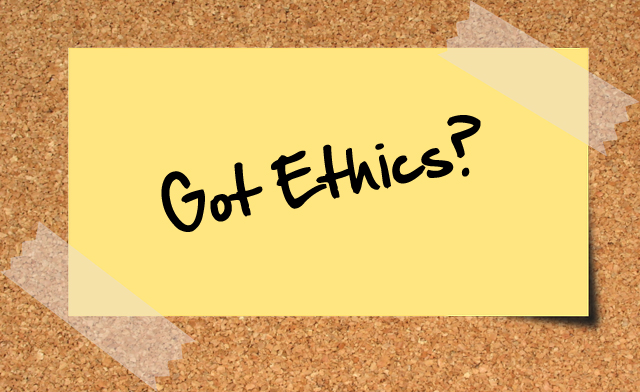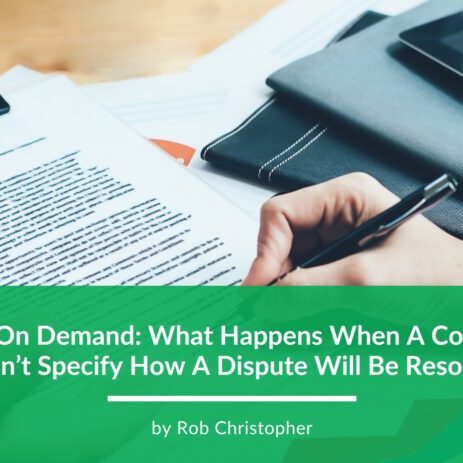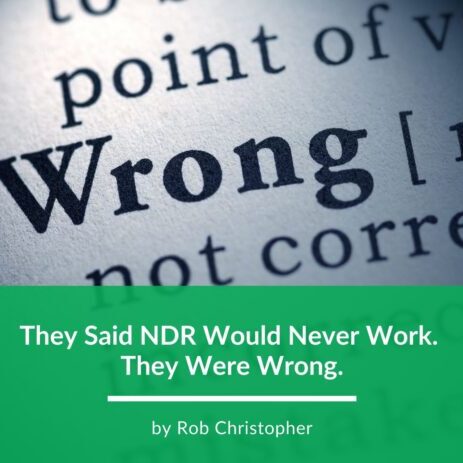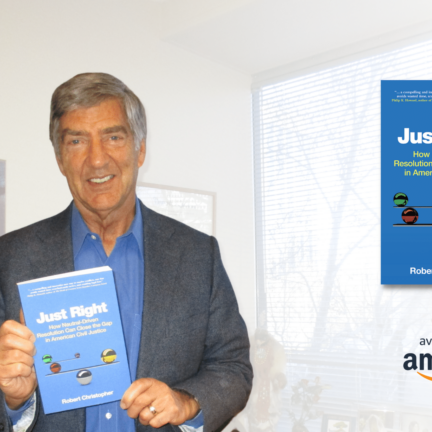When Do Lawyers have a Duty to Step Aside?

Recently, Anon Moose, LLC. and NOYB, Inc.* had a $23,000 contract dispute that early negotiations failed to settle. In an effort to bring about an amicable solution for both parties, Anon’s attorney suggested involving a mutually agreeable neutral, for a set fee, to initially mediate the dispute and, if necessary, resolve the conflict via binding decision. The attorney argued that no advocate-driven process – not court, arbitration or even mediation – could deliver any semblance of real economic justice to either side in light of the modest stakes. So he suggested the lawyers would essentially step aside, except as advisors, to enable a fair and economically rational solution instead of consuming the stakes in legal fees. NOYB’s attorney refused to recommend this process or even early mediation to his client. One year later, the parties had each spent well over $30,000 in legal fees alone (>$60,000 in all) on court pleadings, rounds of written discovery, stop-and-go negotiations, countless scheduling communications, mandatory status conferences, contentious legal briefing, and a mediation that ultimately led to a compromise settlement.
We can all agree this didn’t make sense and strongly suggests poor, if not self-interested judgment on the part of an attorney. But is there more to it than that? Did the attorney who refused a practical alternative process violate an ethical duty?
We believe the short answer is almost certainly “Yes!” Whether or not we tell this to our clients, lawyers have an ethical duty to charge reasonable fees that are proportional to what is at stake and to the “value” we deliver. See, for example, California’s Rules of Professional Conduct 3-110 and 4-200, and ABA Model Rules 1.5 and 2.1. Here, legal fees dwarfed the stakes and whatever monies were saved or received in settlement. It’s highly unlikely that the case involved some non-economic over-riding value, key principle or precedent, because it never went to trial. Moreover, such values are the client’s call, not the lawyer’s. Finally, while the attorney who recommended a practical process may have had little choice but to litigate once it was refused (and therefore arguably delivered value justifying his fees), the other attorney had no such argument.
So it’s not just client-centric lawyers who should offer to step aside in situations like this, it’s the ethical duty of every lawyer.
*Company names have been changed to respect requests to remain anonymous
More to read
NDR on Demand: What Happens When a Contract Doesn’t Specify How a Dispute Will Be Resolved?
The best way to deter threats of litigation and minimize the costs, duration, and distractions of resolving any dispute is to put a dispute resolution clause specifying NDR — Neutral-Driven Resolution — in all your contracts BEFORE there is a problem. That means that if a dispute should arise between a business and a contractor,…
They Said NDR Would Never Work. They Were Wrong.
Many people are surprised by how effective NDR can be. Since publishing my book and speaking at events about NDR (Neutral-Driven Resolution), I’ve often been asked a simple question: Does it work? And if it really does lower the costs and the time it takes to settle common disputes, why doesn’t everybody know about…
“Morgan Hill author releases new book”
The Morgan Hill Times featured Rob’s new book in an article ahead of his “Meet the Author” night at Booksmart. “Legal disputes and conflicts cost businesses billions of dollars a year in lawyers’ fees, lost productivity, time and aggravation. A new book by Morgan Hill author Robert Christopher proposes an innovative, faster and simpler way…
Not All Disputes are Equal
Not all business and legal disputes are alike, and not all of them can be resolved in the same way. In writing my book Just Right: How Neutral-Driven Resolution Can Close the Gap in American Civil Justice, it was important to distinguish the types of common disputes for which NDR is most suitable. As readers…



